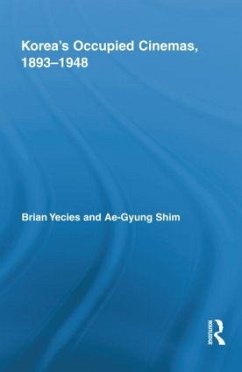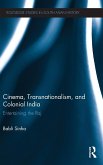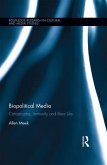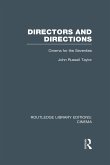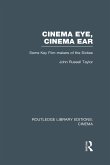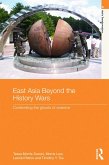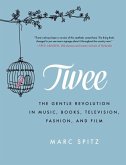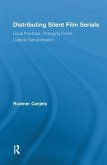This project compares and contrasts the development of cinema in Korea during the Japanese occupation (1910a "1945) and US Army Military (1945a "1948) periods within the larger context of cinemas in occupied territories. It promises to yield new knowledge and insight by examining the then nascent film industry in Korea in the light of Hollywooda (TM)s global expansion campaign, which began in 1929, and the ascension of Japana (TM)s wartime activities. By avoiding a comprehensive application of Western theory on the Korean situation, the project investigates key moments in Koreaa (TM)s cinematic history and touches directly upon the themes of nation building, national identity, colonial modernity, propaganda and cultural protectionism as well as the sensitive subject of collaboration. This study demonstrates the formation of a cinema under occupation is more complex than our conventional understandings of national cinema tell us.
This book investigates the dynamic linkages between foreign film culture, imported films, national cultural policy and audience reception, and the significant impact that all these elements had on the transformation of cinema in Korea between 1893 and 1948.
This book investigates the dynamic linkages between foreign film culture, imported films, national cultural policy and audience reception, and the significant impact that all these elements had on the transformation of cinema in Korea between 1893 and 1948.

